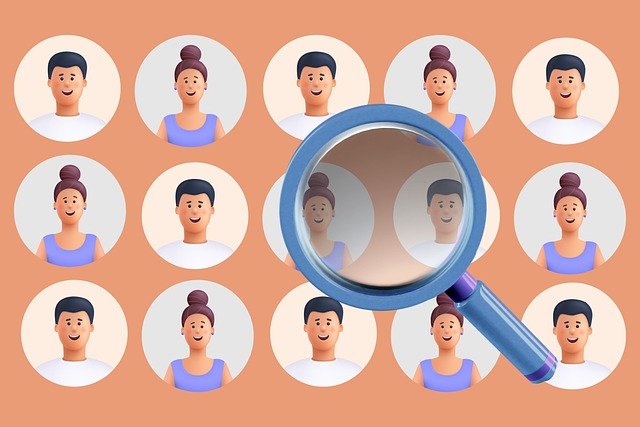Understanding Senior Assistance Programs and Benefits
As individuals age, navigating the landscape of available support can be challenging. Senior assistance programs are designed to help older adults maintain their quality of life, offering a range of services from financial aid to healthcare support. This article explores the various aspects of senior assistance, providing valuable information for elderly individuals and their caregivers.

In addition to Social Security, seniors may qualify for Supplemental Security Income (SSI), which provides extra financial support for those with limited income and resources. Some states offer additional supplemental payments on top of federal SSI benefits.
Another crucial form of financial aid for seniors is Medicare, the federal health insurance program for individuals 65 and older. While Medicare covers many medical expenses, it’s important to understand its limitations and consider supplemental insurance options to fill coverage gaps.
How can seniors access retirement planning resources?
Effective retirement planning is essential for ensuring financial stability in later years. Many organizations offer free or low-cost retirement planning services specifically tailored for seniors. These resources can help older adults make informed decisions about their finances, investments, and long-term care needs.
Local senior centers and community organizations often host workshops and seminars on retirement planning. These events can provide valuable information on topics such as budgeting, estate planning, and maximizing Social Security benefits.
Online resources, such as those provided by the National Council on Aging and AARP, offer comprehensive guides and tools for retirement planning. These websites can help seniors explore different scenarios and make informed decisions about their financial future.
What housing assistance options are available for the elderly?
Housing is a significant concern for many seniors, particularly those on fixed incomes. Several programs aim to help older adults maintain safe and affordable housing. The Department of Housing and Urban Development (HUD) offers various assistance programs, including:
-
Section 202 Supportive Housing for the Elderly Program: This initiative provides housing with supportive services for very low-income seniors.
-
Housing Choice Voucher Program (Section 8): This program helps low-income individuals, including seniors, afford housing in the private market.
-
Public Housing: Some public housing developments are specifically designated for seniors, offering affordable rental options.
Additionally, many states and local communities have their own senior housing assistance programs, which may include property tax relief, home repair assistance, or subsidized senior apartments.
How can seniors find and access local support services?
Local support services play a crucial role in helping seniors maintain their independence and quality of life. Area Agencies on Aging (AAAs) are excellent starting points for accessing local resources. These organizations provide information on a wide range of services, including:
-
Meal delivery programs
-
Transportation assistance
-
Home care services
-
Legal aid
-
Caregiver support
Seniors can also contact their local senior centers, which often serve as hubs for community resources and social activities. Many communities have volunteer programs that match seniors with helpers for tasks like home repairs, yard work, or companionship.
What healthcare benefits are specifically designed for the elderly?
Healthcare is a primary concern for many seniors, and several benefits are tailored to meet their needs. Medicare, as mentioned earlier, is the primary health insurance program for individuals 65 and older. It consists of different parts:
-
Part A: Hospital insurance
-
Part B: Medical insurance
-
Part C: Medicare Advantage plans (offered by private companies)
-
Part D: Prescription drug coverage
In addition to Medicare, some seniors may qualify for Medicaid, which can provide additional coverage for those with limited income and resources. The Program of All-Inclusive Care for the Elderly (PACE) is another option that provides comprehensive medical and social services to certain frail, elderly individuals.
How can seniors protect themselves from financial exploitation and fraud?
Financial exploitation and fraud targeting seniors are unfortunately common. However, there are several steps older adults can take to protect themselves:
-
Stay informed about common scams targeting seniors.
-
Be cautious about sharing personal information, especially over the phone or online.
-
Consult with trusted family members or financial advisors before making significant financial decisions.
-
Regularly review bank statements and credit reports for suspicious activity.
-
Consider setting up automatic bill payments to reduce the risk of falling for utility scams.
Many states have specific programs or hotlines dedicated to preventing and reporting elder financial abuse. Seniors should familiarize themselves with these resources and not hesitate to report suspicious activities.
In conclusion, senior assistance programs offer a wide range of support to help older adults maintain their independence, financial stability, and overall well-being. By understanding and accessing these resources, seniors can better navigate the challenges of aging and enjoy a higher quality of life in their later years.






